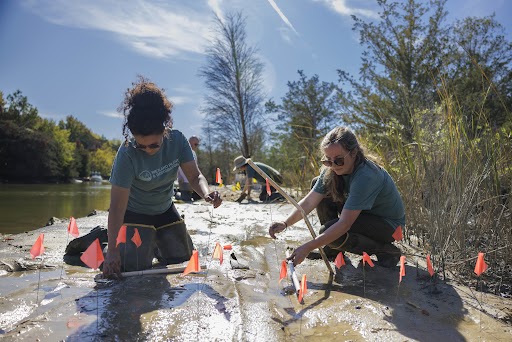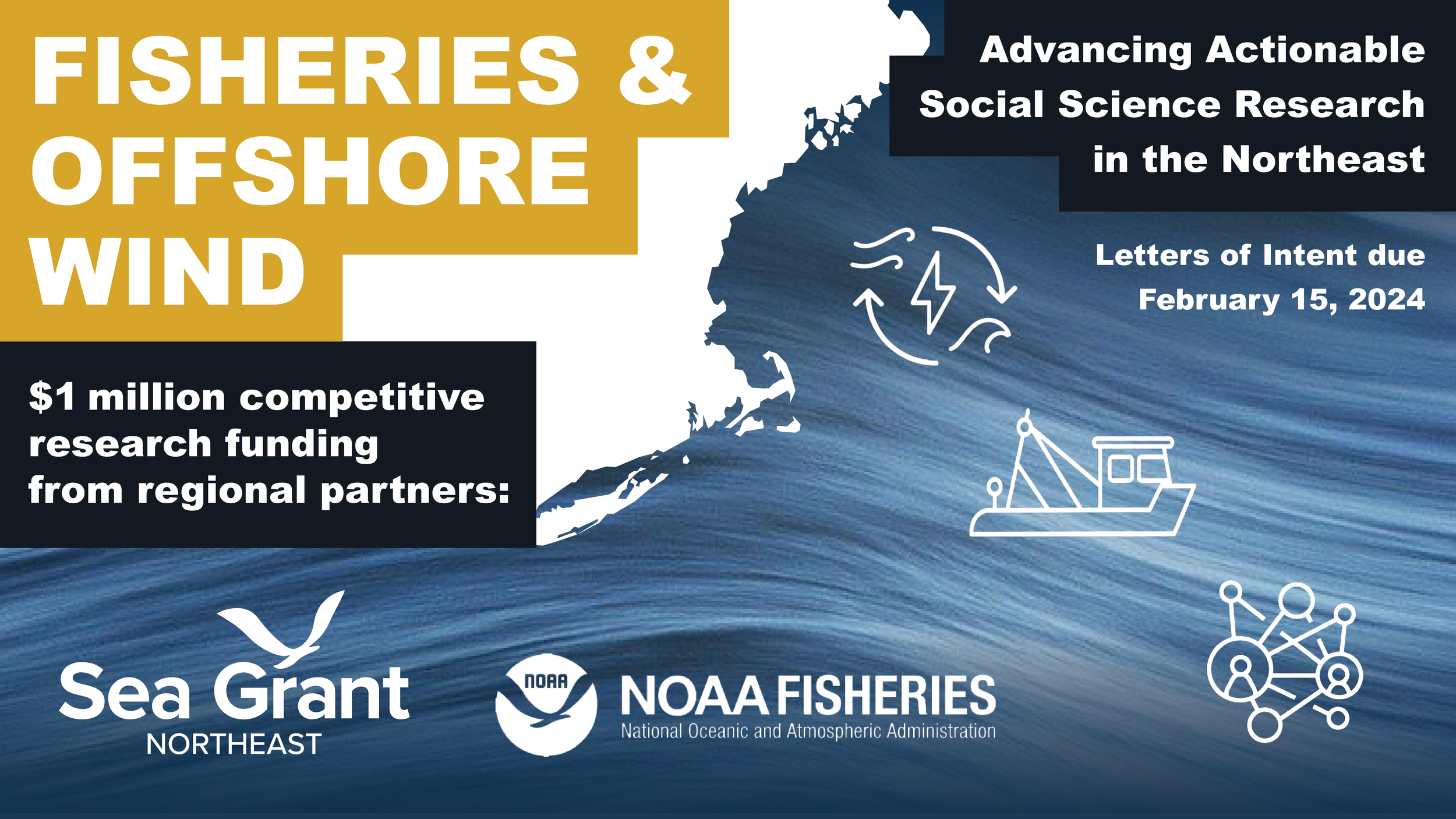By Diana Hackenburg, North Carolina Sea Grant
A common adage says: If you give someone a fish, they eat for a day; teach them to fish and they eat for a lifetime.
Teach them how to instruct others to fish — and you enable the world to eat.
“I work with teachers and nonformal educators to make sure they feel comfortable teaching their students about the ocean and our coast,” explains Terri Kirby Hathaway, marine education specialist for North Carolina Sea Grant. In her outreach efforts, she shares ways to help students understand how activities inland affect the coast and vice versa. She also ties these concepts to many parts of the K-12 curriculum.
“If I can get teachers to use the ocean and estuaries to teach all their subjects, that’s really going to make a difference,” Hathaway says.
Another hallmark of many North Carolina Sea Grant programs is emphasizing place-based education, or connecting student learning to the local community, often through hands-on activities. Learning in this way has a longer-lasting impact according to Liz Baird, chief of school and lifelong education for the North Carolina Museum of Natural Sciences.
“The best learning opportunities engage people’s minds in terms of learning knowledge, their hearts in terms of creating passion, and their hands in terms of giving them the skills and abilities to do things. Place-based and hands-on learning ties those three things together almost seamlessly,” explains Baird, who also is a past chair of North Carolina Sea Grant’s advisory board.
Climate literacy represents a new area where Sea Grant may be well positioned to provide teachers with resources — and research that affirms the power of place-based learning.
Nils Peterson and Kathryn Stevenson of NC State University, along with an interdisciplinary team of fellow researchers, educators and partners, have conducted a number of North Carolina Sea Grant-funded studies looking at how middle-school students learn and think differently about climate change than adults.
“Middle school seems to be the sweet spot,” explains Stevenson, a former outdoor and high-school educator. “These students combine the wonder and excitement of younger kids with the cognitive ability of older students — without being jaded.”
A Sea-Grant funded survey of environmental literacy in middle-school students initially launched Stevenson’s interest and career in this research. She has since worked on two other Sea Grant-funded projects, while also transitioning from doctoral student to post-doctoral researcher to faculty member — all at NC State.
Those projects resulted in multiple surveys, new lessons for bringing climate into the classroom and now, an effort to engage students in service-learning as a way to literally bring the message home to the students — and their families.
“Ultimately, we want our work to make a difference on the ground,” Stevenson says. “We’re seeking to develop best practices for teaching climate change by understanding what teachers need and what is practically going to work to create change in communities.”
Creating change in the classroom — and in a community — all comes down to understanding people’s interests. “People want to partner with organizations to find solutions to whatever challenges they face,” White says. “If you can see it in your backyard, you feel compelled to do something about it.”
From grants that require community collaboration to joint fellowships with partner organizations and the rise of a network known as SciREN, North Carolina Sea Grant works to frame the science so it brings people together and empowers them with information and tools they need to address real issues.
White sees education as a critical piece of this portfolio. “We need to educate students of all ages so that they not only find successful careers but also so they can work together to sustain our state’s future.”
This story comes from an article that first appeared in the Holiday 2016 issue of Coastwatch magazine. Read the original story here.


